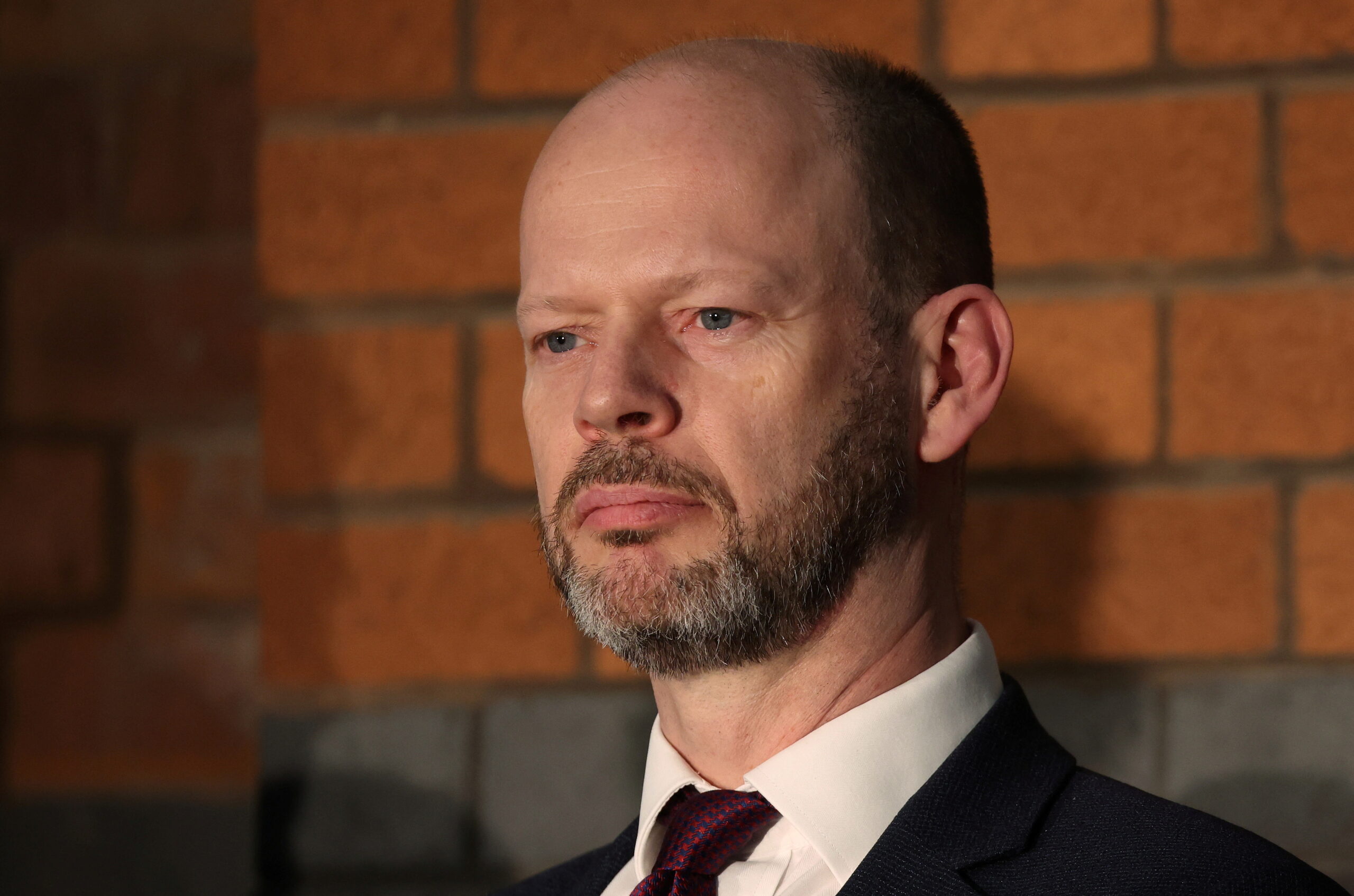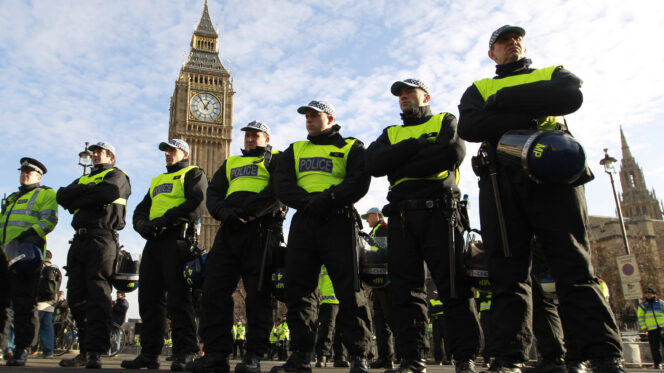Are Actual Leftwing Parties About to Give Labour a Run for Its Money?
There’s a first time for everything.
by Michael Chessum
25 September 2023

Every time someone mentions the possibility of a leftwing electoral alternative to the Labour party, I am immediately reminded of a scene in Monty Python and the Holy Grail, in which Dennis, the Lord of Swamp Castle, explains to his son Herbert: “Other kings said I was daft to build a castle on a swamp, but I built it all the same, just to show ’em. It sank into the swamp. So, I built a second one. That sank into the swamp. So, I built a third one. That burned down, fell over, then sank into the swamp.”
The Socialist Labour party was founded in 1996 by Arthur Scargill, hero of Britain’s most important post-war industrial dispute. It has never won an election of any kind. The Socialist Alliance was formed in 1999 and collapsed four years later, leaving no electoral footprint. Respect grew out of the movement against the Iraq war, but gradually became a personal vehicle for George Galloway and was deregistered in 2016. Since its foundation in 2010, the Trade Union and Socialist Coalition (Tusc) has never kept a deposit in a general election.
By and large, first past the post creates two-party systems. To come close to power, new parties must reset voting behaviours and displace establishment parties. At Westminster, this has happened once, in 1922, when Labour overtook the Liberals to become the UK’s main party of opposition. The task took two decades, and was the result of a much longer-term shift in the size and confidence of the industrial working class. Social Democratic and Labour parties broke through across western Europe at around the same time.
Yet in 2024, Labour will face one of the most concerted challenges from its left since the Communist party of Great Britain won seats in the 1940s. All you have to do is piece it together. Jeremy Corbyn looks poised to run and win as an independent in Islington. If she was so minded, there is potential for Diane Abbott to do the same in Hackney. The Transform campaign for a new left party has corralled a number of initiatives together, among them Left Unity, which was formed in 2013 and is still technically the sister party of Syriza, Unidos Podemos and Die Linke.
A number of local initiatives could come to fruition at the same time. Jamie Driscoll could well win the north east mayoral race as an independent. Aspire, led by Lutfur Rahman, has beaten Labour in Tower Hamlets and could aim its sights at national-level representation. The Liverpool Community Independents, who emerged when five Labour councillors were expelled after voting against a council budget in 2022, gained a foothold in this year’s local elections.
By far the most significant challenge will come from the Green party, which will almost certainly hold Brighton Pavillion and is close in Bristol West and a couple of other seats. They now have more than 700 local councillors, and this year won majority control of a council, Mid Suffolk, for the first time.
For this to happen while Labour is still in opposition is a sign of just how far right the party has moved. A Starmer government will keep energy in private hands, charge tuition fees, retain caps on child benefit, and not increase tax on top earners and the wealthy. Labour’s flagship green investment plan is present, but delayed. The party has shifted even further on trans rights and immigration. Interviewed at a summit of progressive leaders in Quebec last week, Keir Starmer named border security as his main priority, ahead of the economy or the environment.
Those on the Labour left, myself included, have always argued that without proportional representation, alternatives to Labour are doomed to get a derisory vote and suck up energy that would best be used organising in social movements and workplaces.
There is a first time for everything, however. The Corbyn project brought social democratic politics back to the political mainstream and hundreds of thousands of people into political activity. Having tasted political representation, they are unlikely to accept having none indefinitely. Could this juncture be different?
The obstacles are serious, and include the legacy of the Corbyn project itself. The left that developed in support of the Corbyn leadership was integrated into the Labour machine, as were many of its key people. It focussed little, if at all, on rebuilding unions or social movements which might have built a social base for the left outside the walls of the party. The average person recruited to Labour by the Corbyn surge was not given much agency or integrated into the wider activist left. Their role was to knock on doors and vote the right way in internal elections.
More significantly, the leadership made a conscious decision not to establish its own activist organisation. In the year or so after its foundation in 2015, Momentum developed into a vast (and often rancorous) network of more than a hundred local groups. But in early 2017, its democratic structures were abruptly wound up, and the wider Corbyn project became increasingly centralised. An ecosystem of grassroots organisations, and spaces for discussion like The World Transformed, did survive, but they were the exception. Without a means to collectively organise or develop strategy, the left lacked resilience in the face of Starmer’s onslaught. Now, it lacks initiative and coherence.
The mass base of Corbynism has dispersed – but it has not disappeared. The past year has seen the biggest industrial unrest so far this century, into which the left has poured its energies. Campaigns like Don’t Pay and Enough is Enough never quite reached their full potential, but did demonstrate a mass appetite for social movements. The mood of revolt and anger that has gripped the country during the cost of living crisis has yet to seek political representation. If and when it does, it could provide serious social weight – either to the Labour left, or to something else.
Whatever set of left electoral projects end up on the ballot paper at the next general election, it is unlikely that they will have reached their high water mark. If a Starmer government delivers falling living standards, it could find the electoral space to its left occupied by a credible electoral vehicle with mass support – a mirror image of the SDP, which challenged Labour from the right in the 1980s. That would require the bulk of the left outside Labour, including the Greens, to unite.
Even then, the fundamental barrier would remain: without proportional representation – a reform that could only be delivered by a Labour-led government – lasting change to Britain’s party system is unlikely. Then again, so was the rise of Corbyn.
Michael Chessum is a socialist activist and writer based in London.


